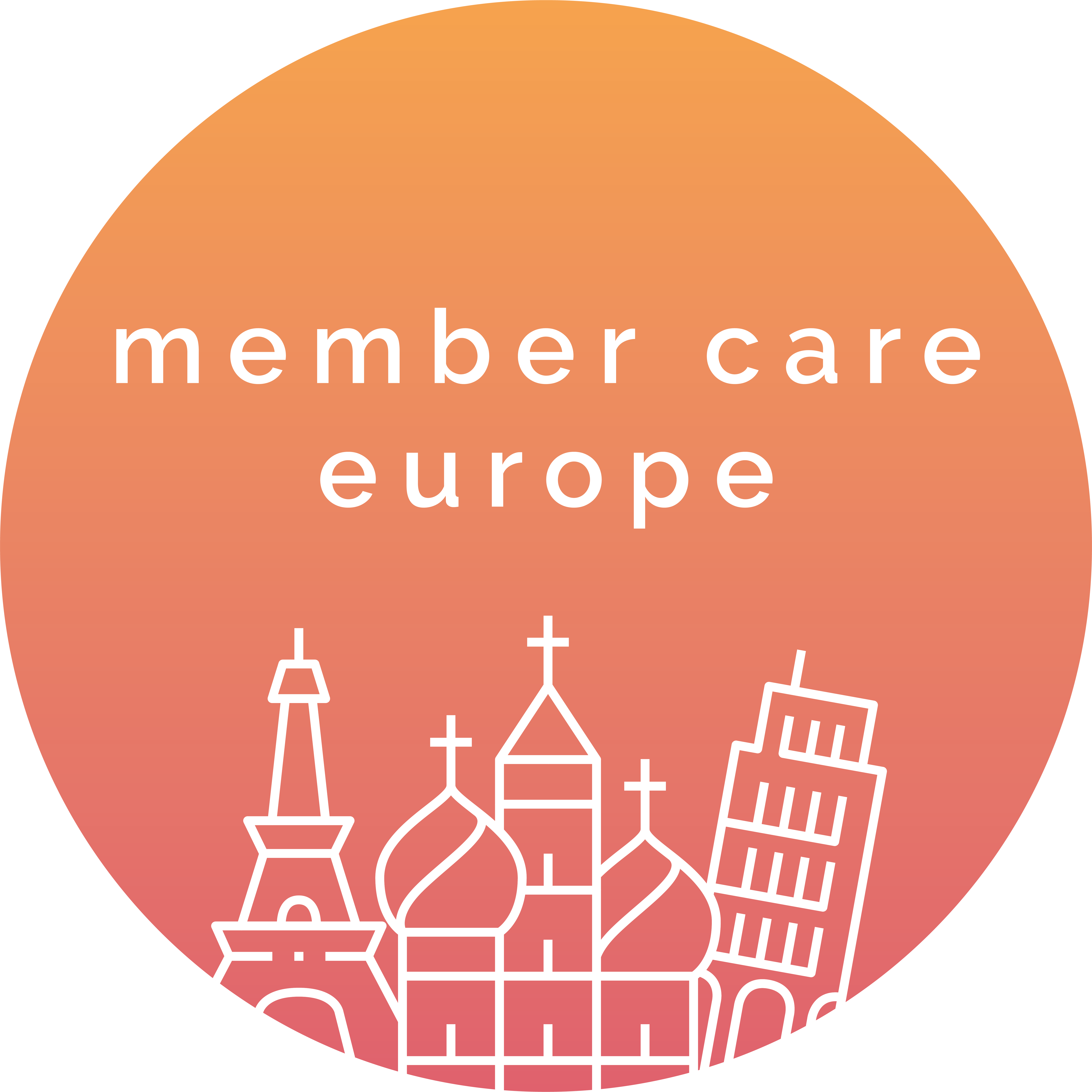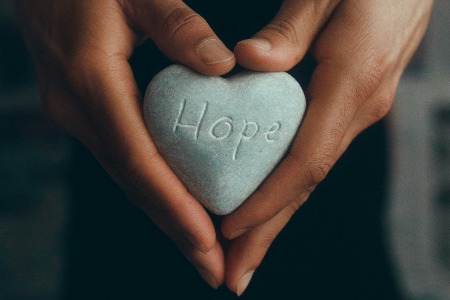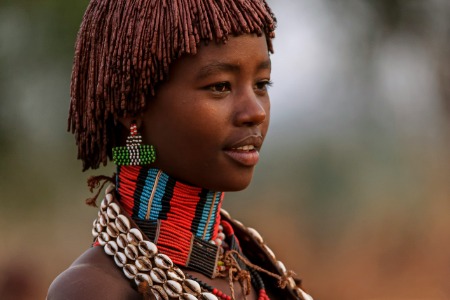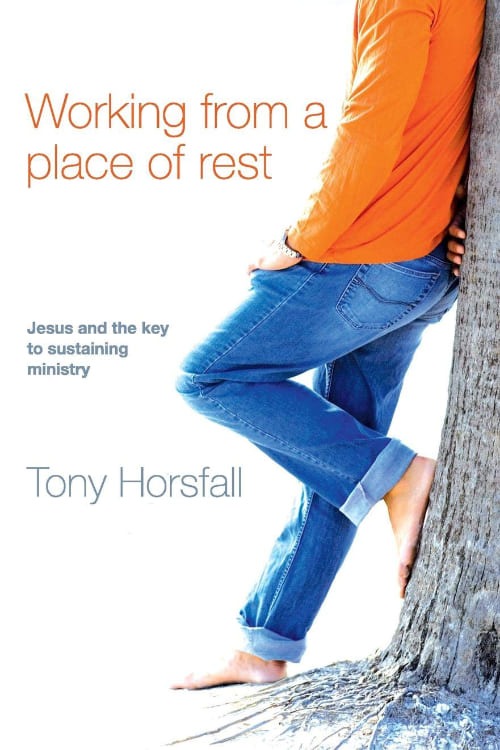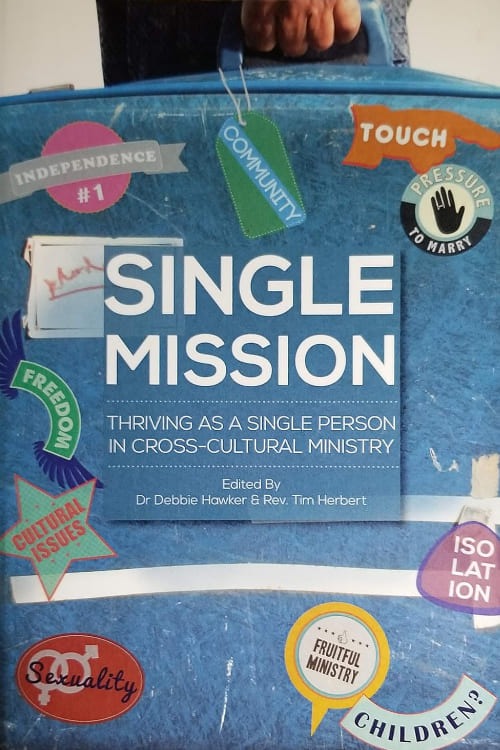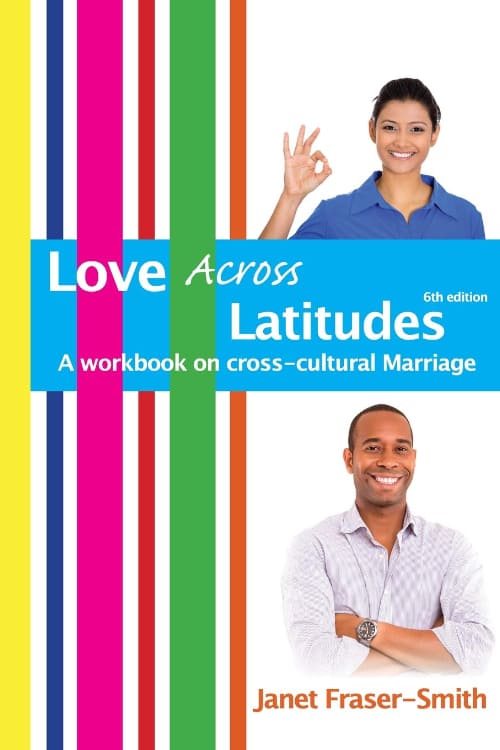For over the past ten years in Member Care, we have talked a lot about the “pyramid of care” and how local resources, nationals, etc., can all play a significant role in providing care. The following is a true story of what that can or may look like!
“Do you have a mirror,” she asked, “Because I don’t know who I am.” These are words I will likely never forget from a Palestinian woman fleeing both Gaza and her husband.
This past April I spent six days along the Red Sea Coast in southeastern Egypt providing trauma counseling for children with UNICEF (United Nations International Children’s Emergency Fund). Every month in my hometown of Genoa, Italy, I counsel various refugee children fleeing the horrors of war. Many of the counseling sessions are done in English with a translator. After the escalation of the conflict in Israel, UNICEF contacted me and other counselors at our pediatric hospital to see if we would be interested to go to Egypt at one of the refugee camps to help children process their trauma. We, of course, said yes.
Upon arriving at the airport in southern Egypt, I knew this was going to be a challenging six days. Out of our team of 20 counselors, only two of us were Christian. With each passing day, the UNICEF trucks would bring in new people, children from Israel, Gaza, Syria, Afghanistan, Sudan, Libya, and Ukraine. I was assigned to the males, as naturally, men were not allowed to talk directly to the Muslim women. By the second day, I was already exhausted. Not physically, but emotionally by the stories the children told. My heart was heavy. Then God did something miraculous!
In the afternoon of the second day, I was assigned to a young, Palestinian child who fled Gaza (for the sake of privacy, we will call him Efram). Because Efram was so young, his mother asked to participate in the counseling sessions with me and a translator. Before I even began to listen to Efram, his mother got up and started screaming in Arabic. Throughout the complex, all eyes were instantly drawn to this Palestinian woman screaming. I asked my translator to please translate what she was saying.
She kept yelling, “Enough!” in Arabic. She then proceeded to slowly take off her Hijab and burka and throw them into the pool of the complex. She was now standing there in front of everyone in nothing but her undergarments. But she was yelling something else now: “Enough! Enough of serving a God and a culture who say I need to cover up because I’m not pure or worthy! Enough of a culture who says my testimony is worth half that of a man only because I’m a woman. Enough of blaming others for our decisions! I can’t take it anymore. I’m done.”
No one knew what to say or what to do. To put this into context, her words did not exactly sit well with those who heard her—this was Egypt after all—a Muslim culture, and she was surrounded by many other Muslim women who did not appreciate what she was screaming.
Then she turned to me and said (another taboo, as Muslim women don’t often directly address a man) and asked me, “hey you, aren’t you one of the Christians here? I thought I saw you with a Bible.”
I had to look at my boss to see if it was okay that I said I was a Christian, seeing as I was contracted with UNICEF. He nodded to indicate it was okay. She then asked, “What does Jesus say about women?” I looked up to the sky, smiled, and said to myself, “Lord where did this gift to evangelize suddenly come from?”
I knew I didn’t have much time to answer this woman and I knew translation would be difficult. Wheels were spinning in my head. Then the idea came to me to find the clip from the series “The Chosen” on my phone via YouTube where Jesus meets the woman at the well. Thankfully, I was able to find Arabic subtitles and get the woman to watch the clip. Tears instantly came streaming down her face. She then asked me a series of questions: “This woman wasn’t a Jew and Jesus asked HER for water? Didn’t this take place in my land? (She is a Palestinian woman). And Jesus was patient and kind and showed mercy to her? And she didn’t have to hide from him?”
Then she got up and started screaming again, but this time with her hands in the air and one of the widest smiles I have ever seen, saying in Arabic again “I want to know Jesus! I want to know Jesus! I want to know a God who sees me. Who here can tell me more about Jesus.”
My boss looked at me and said, “What have you done?” I answered, “The beauty of it? I honestly didn’t do anything!”
Finally, the woman stopped and asked if someone had a mirror, because in her words, “I don’t know who I am. I know who my husband (now ex-husband) says I am and what this culture says I ought to be, but I don’t know who I am.” She then asked some of the women if they would take her shopping because she said she has no idea how to do her hair or how to shop for other clothes.
For the rest of our days with this woman, my colleague, the other Christian woman, and I walked this woman through Genesis 16 and the story of Hagar. Usually, the story of Abraham and Sarai is told through their perspective, but my colleague and I told this woman that God heard Hagar, saw her, and that she in turn calls God by the name EL Roi, the God who sees me! Never has that passage meant so much to me.
Since the woman had a talent for drawing, her therapy for the week was to eventually be able to draw herself so that she could ultimately be able to say…. “THIS is me; this is who I am.”
We talk in Member Care a lot about the new paradigm shift in care and that locals and lay people can provide care as well as the professionals. In this instance, who is the caregiver who is going to have the most impact in this woman’s transformation? It’s not just my colleague who helped her draw herself in those six days, but it’s also the women who will take her shopping, who will help her find a style to do her hair, and the women that will sit with her and remind her that Jesus is indeed El Roi, the God who sees her!
This woman has a difficult road ahead of her, as she has chosen to not return to her home but wants to seek an education and a new career path in Europe, where she will hopefully be safe to study and learn about Jesus. She has, arguably, already passed through the most difficult step. She has chosen a new life with Jesus! Who else will be providing care for this woman? The church community who receives her in Europe and the people who will receive her in her new home. It will be a collective effort, a true pyramid of care! Her story is just beginning, and I am so glad I got to be a part of it!
Jesus met her there in Egypt, saw her and He, El Roi, has set her free!
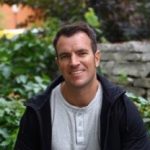
Mihai Lundell
Mihai Lundell is a member of the board of Member Care Europe and a mission worker providing member care in Italy with OCI.

Mihai Lundell
Mihai Lundell is a member of the board of Member Care Europe and a mission worker providing member care in Italy with OCI.
